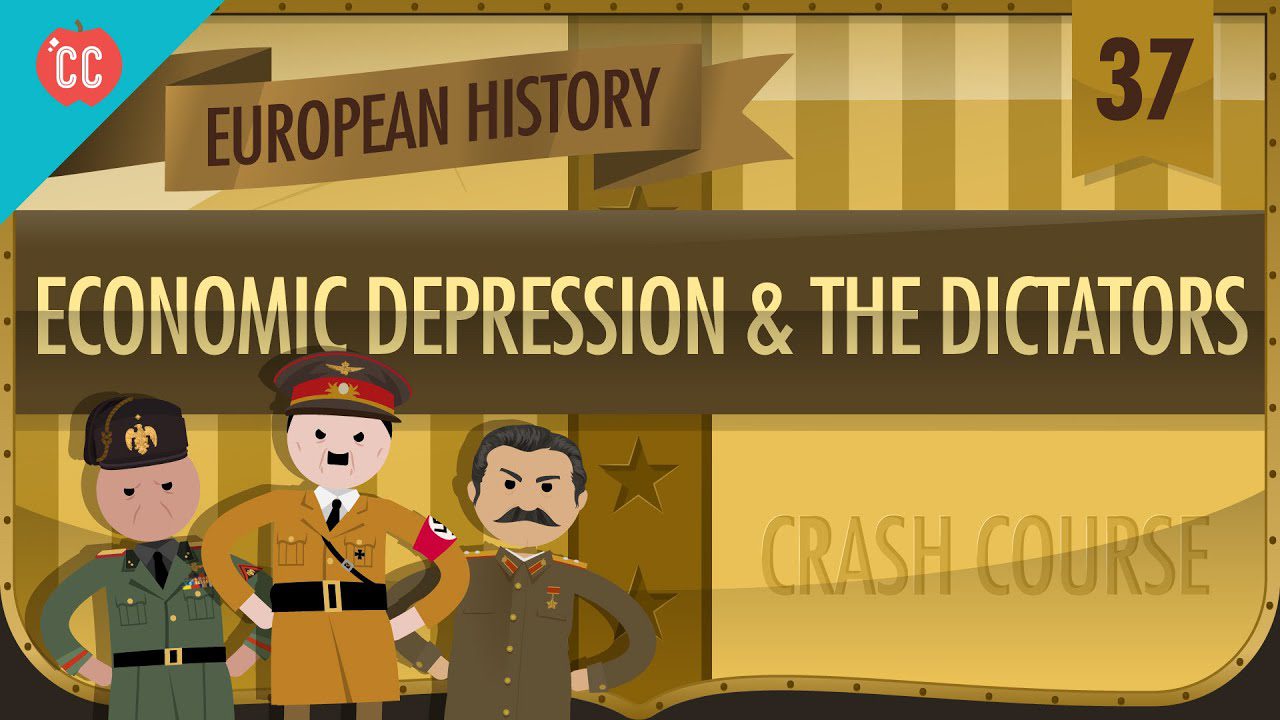Napoleon Bonaparte and Adolf Hitler are infamous European leaders who rose to power in the late 18th and early 20th centuries, respectively. They both transformed their nations into powerful military states and initiated wars of conquest that resulted in millions of deaths. Both leaders had authoritarian leadership styles, though Napoleon was seen more as a skilled military strategist, while Hitler had extreme views on race and aimed to create a “pure” Aryan society. Napoleon’s downfall came from a disastrous invasion of Russia in 1812, while Hitler’s end came with the defeat of Germany in World War II.
Napoleon Bonaparte vs. Adolf Hitler: The Rise and Fall of Two European Tyrants
Introduction
Napoleon Bonaparte and Adolf Hitler are two of the most infamous and controversial figures in European history. Both men rose to power in their respective countries in the late 18th and early 20th centuries, transformed their nations into powerful military states, and initiated wars of conquest that resulted in the deaths of millions of people. Despite their similarities, there are also notable differences between these two leaders. In this article, we will examine the similarities and differences between Napoleon Bonaparte and Adolf Hitler, and explore the factors that led to both of their rises to power and ultimate falls from grace.
The Rise to Power
Napoleon Bonaparte was born on the island of Corsica in 1769, and entered the army at the age of 16. During the French Revolution, he rose quickly through the ranks, and by 1796 he was the commander-in-chief of the French army in Italy. In 1799, he overthrew the existing government in a coup d’etat and declared himself First Consul of France, effectively becoming the country’s leader.
Adolf Hitler was born in Austria in 1889, and moved to Germany in 1913. He served in the German army during World War I, and after the war he joined the German Workers’ Party, which would later become the National Socialist German Workers’ Party, or Nazi Party. In 1933, Hitler was appointed chancellor of Germany, and soon consolidated power and became the country’s dictator.
Their Leadership Styles
Both Napoleon Bonaparte and Adolf Hitler were known for their authoritarian leadership styles. They were both willing to use violence and intimidation to achieve their goals, and were ruthless in their treatment of anyone who opposed them.
Napoleon was a skilled military strategist, and he used his military prowess to expand France’s territory. He implemented a number of reforms that modernized the country’s laws and institutions, and he was revered by the French people for his patriotism and his leadership during times of crisis.
Hitler, on the other hand, was known for his extreme views on race and his desire to create a “pure” Aryan society. He implemented policies that aimed to remove Jews and other so-called undesirables from German society, and he was responsible for the deaths of millions of people during the Holocaust. Hitler’s leadership style was marked by paranoia and an obsession with power and control.
The Wars of Conquest
Napoleon Bonaparte is most famous for his wars of conquest, which he launched in order to expand France’s territory and spread the ideals of the French Revolution. He conquered much of Europe, including Italy, Spain, and Germany, and his empire at its height controlled almost all of continental Europe.
Adolf Hitler also launched a war of conquest, with the aim of creating a vast Germanic empire that would stretch from Europe to the Middle East. He invaded Poland in 1939, which led to the beginning of World War II, and he went on to conquer much of Europe before ultimately being defeated by Allied forces in 1945.
Their Downfalls
Napoleon Bonaparte’s downfall came as a result of his disastrous invasion of Russia in 1812. The campaign was a disaster, with the French army suffering massive losses due to cold, starvation, and Russian resistance. Napoleon was finally defeated at the Battle of Leipzig in 1813, and he was exiled to the island of Elba. He briefly returned to power in 1815, but was ultimately defeated at the Battle of Waterloo and exiled again, this time to the island of Saint Helena, where he died in 1821.
Adolf Hitler’s downfall came with the end of World War II. As Allied forces closed in on Germany, Hitler retreated to his bunker in Berlin, where he remained until his death by suicide on April 30, 1945. Germany surrendered on May 8, 1945, and the Nazi regime was dissolved.
Conclusion
Napoleon Bonaparte and Adolf Hitler were two of the most notorious figures in European history. Both men rose to power through their military prowess and authoritarian leadership styles, and both launched wars of conquest that resulted in the deaths of millions of people. While their reigns were marked by similarities, including their obsession with power and control, there were also notable differences between the two leaders, namely Napoleon’s focus on building a strong and modernized France and Hitler’s desire to create a “pure” Aryan society. Ultimately, both men met a similar fate, with their downfalls coming as a result of their military defeats and loss of power.
